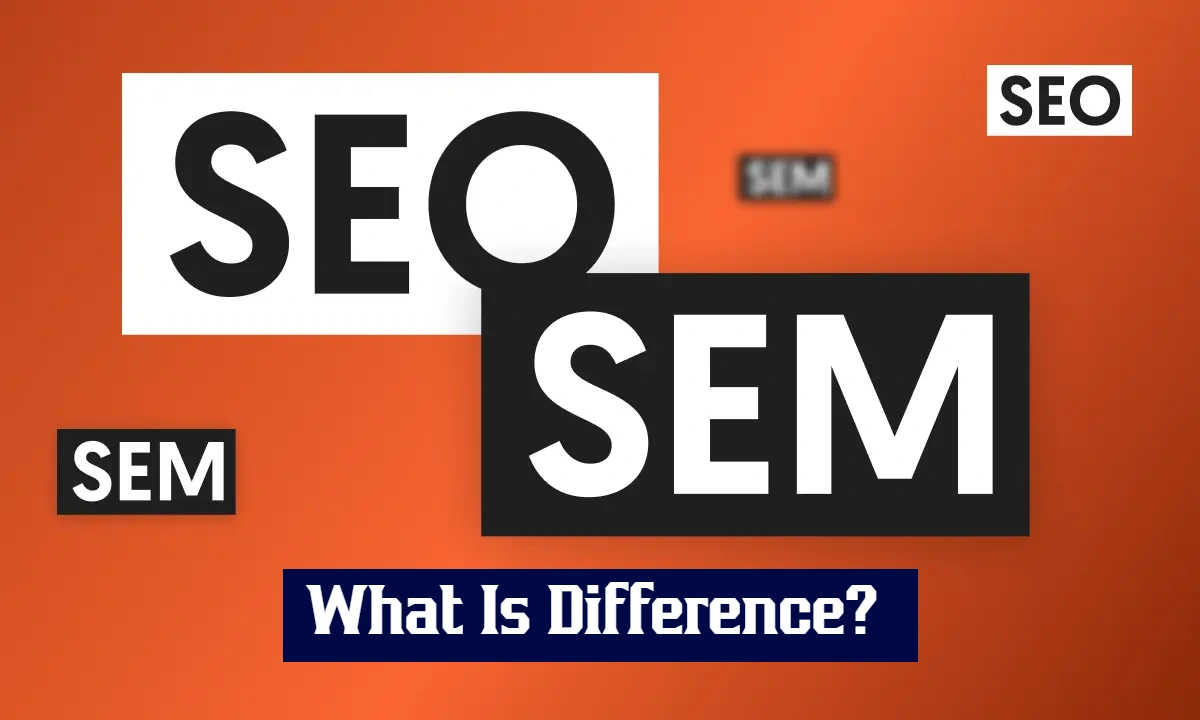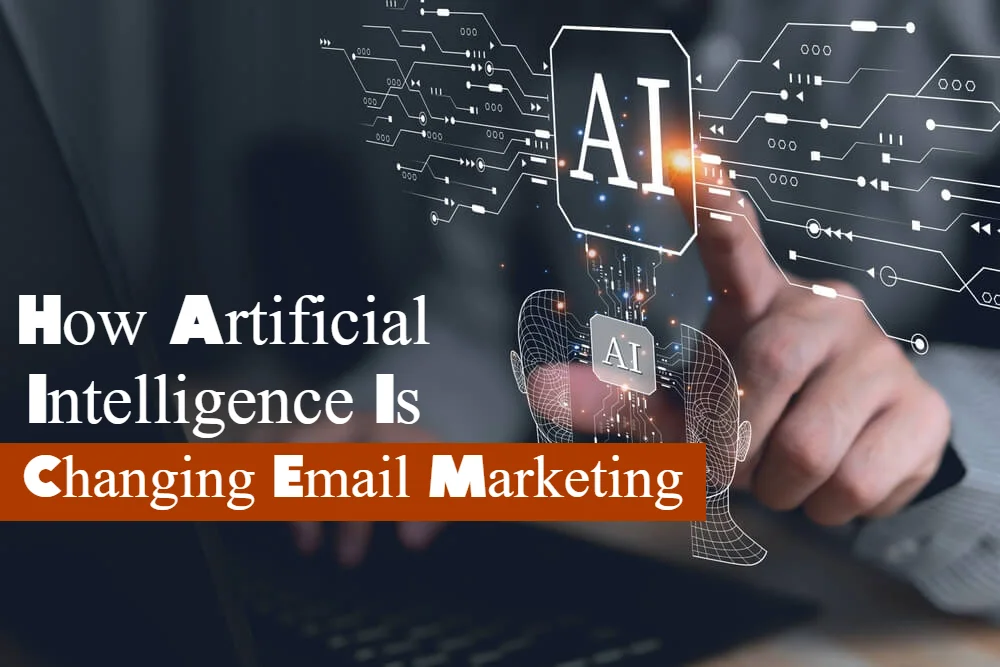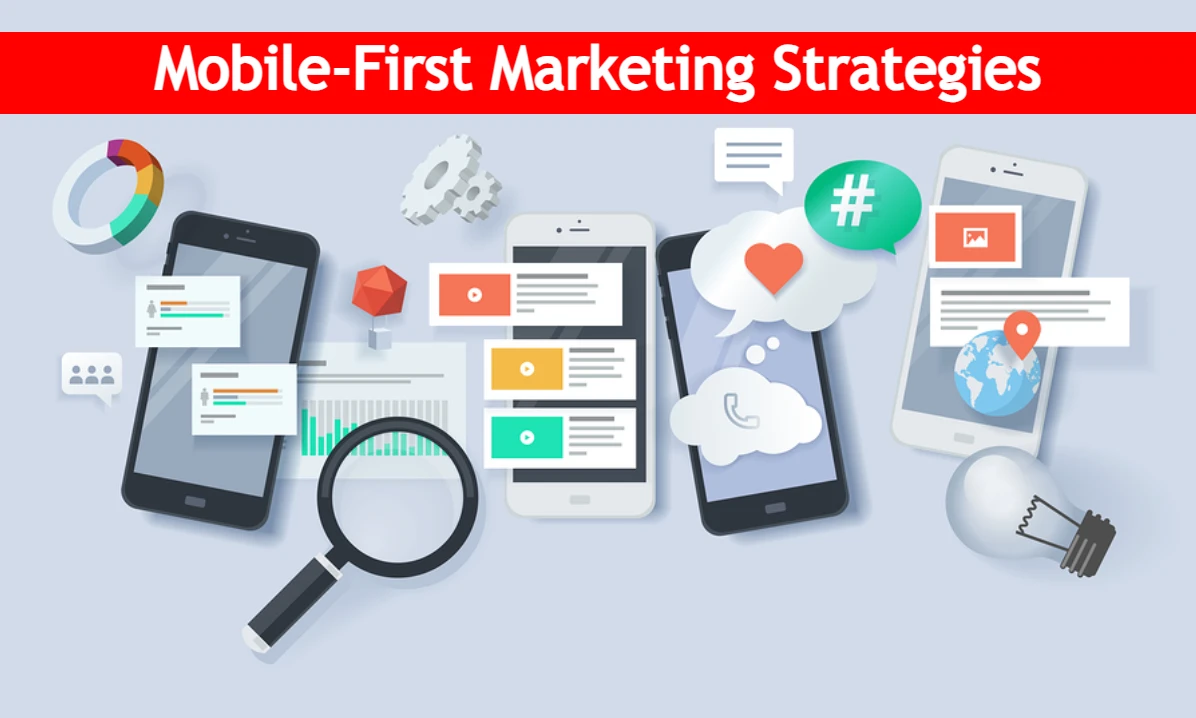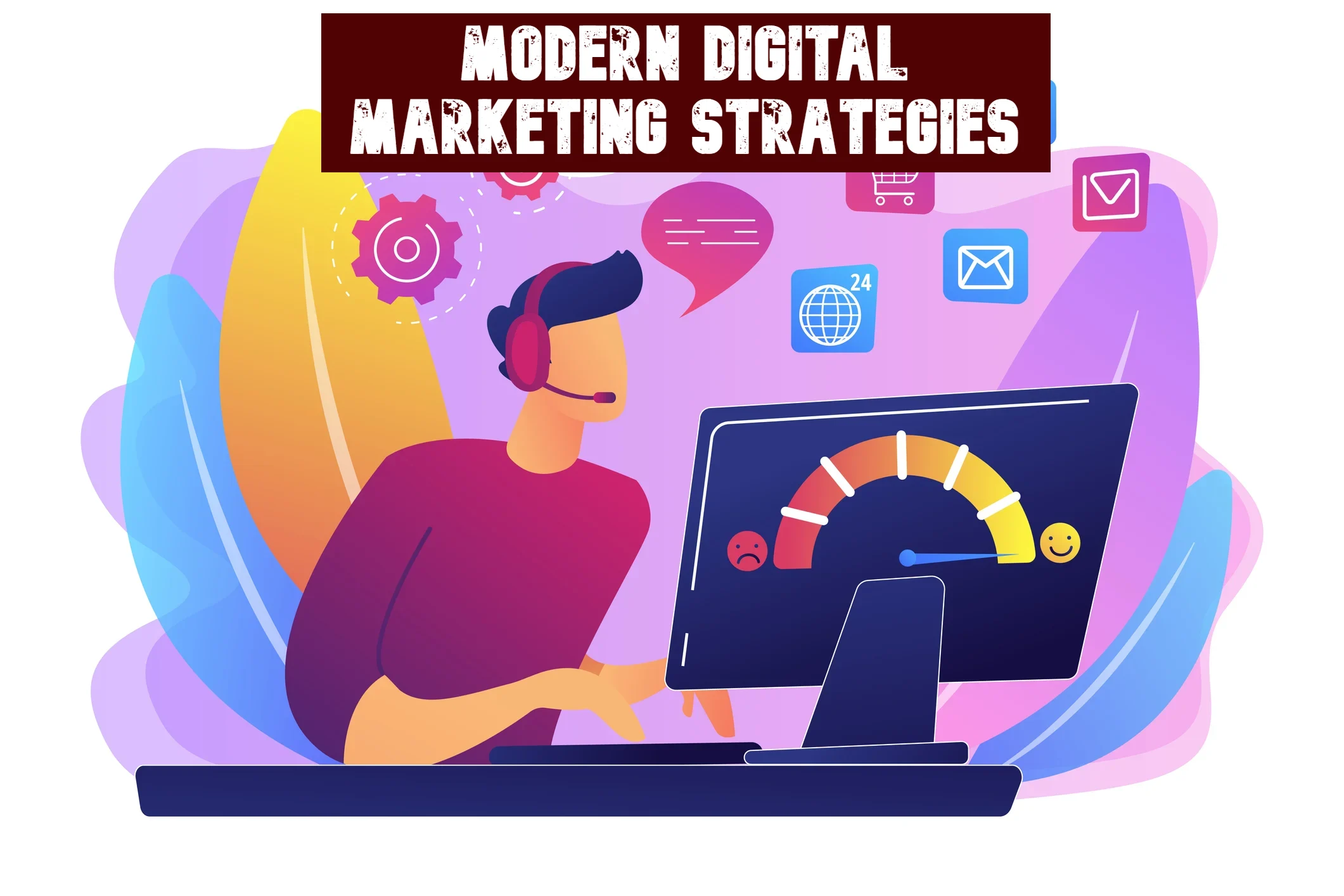
Content Marketing in 2025: Emerging Trends You Can't Miss
Content Marketing in 2025: Emerging Trends You Can't Miss
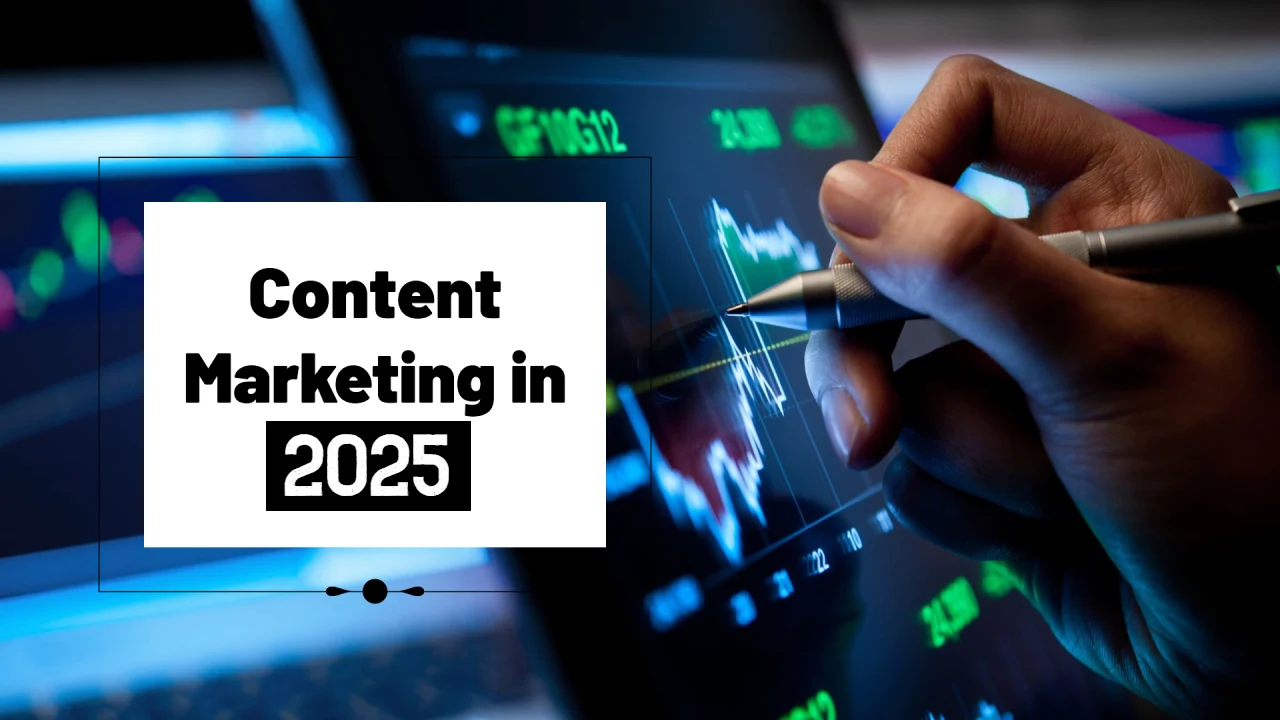
Content demand is higher it has ever been. Every company, large and small, now need an internet presence, hence creating a lot of material is necessary. However, consumer preferences are always shifting, thus being current with the newest trends in content marketing should be first concern.
With an eye on video content, where 61% of B2B marketers expect spending to expand, a survey by the Content Marketing Institute found that 46% of them anticipated an increase in their content marketing budget in 2025.
Growing competition results from the expansion of online materials.
It gets more difficult constantly to make your material unique and noticeable. This is driving all kinds of gimmicks and trends; some will fade but others will stick and form a mainstay of a successful content marketing plan.
In content marketing, what developments await 2025? View the 11 best trends to support your content strategy and maximise your content-based initiatives.
First Content Marketing Trend: Artificial Intelligence Tools and Automation
Though AI and automation have been present for some time, ChatGPT's release in 2022 helped it enter the content marketing mainstream. The development of OpenAI produced a flood of AI-powered solutions transforming content marketing and strategy approach of businesses.
First, and maybe most clearly, content marketing trends for artificial intelligence are ones of scaling content development. No matter how good a writer is, their capacity to generate excellent work is limited. Though technology can create content far faster than humans, artificial intelligence has certain negative effects as well: it can be repetitious, unoriginal, and only produces "new" ideas based on current information. Using the raw material created by artificial intelligence is not advised all by itself. Great material has to be personally relevant. Use artificial intelligence for tasks such article outlines development and creative brainstorming.
When deployed properly, a talented AI writer may create more material in less time, work faster and smarter than without, and By means of data analysis of vast volumes from many sources, artificial intelligence may also improve content marketing return on investment. To uncover pertinent terms and topics before artificial intelligence, you had to painstakingly dig through data from rivals, search engines, and social media. It takes a few clicks now. AI can even be asked to fill a content calendar with the finest ideas for each channel at ideal publishing times. AI handling these chores releases funds you could be better off investing elsewhere.
SEO is another area content marketers may use artificial intelligence for assistance. The fact that it applies to all facets of SEO—on-page, off-page, and technical—is great. You might ask artificial intelligence, for instance, to examine the keyword density in your papers. Alternatively you can ask it to identify pertinent link prospects that would profit from having you provide a backlink. Regarding technical SEO, artificial intelligence may assist in locating and fixing technical flaws including broken links and404 errors as well as provide recommendations on how to raise performance measures including page speed.
Trend in Content Marketing: Emphasise attention.
Usually depending on data like page visits or impressions, digital marketers have evaluated a blog or webpage. Those measurements, nevertheless, lack complexity. Your page visits will increase if readers land on your blog but depart fast; this will not generate significant traffic or interaction. Examining user interaction with the material is a far better indicator of content marketing performance than any other.
Several tools exist to assist with this process for marketers:
- Heat maps show your users' most often used areas on a page, their clicking behaviour, and their scrolling distance visually.
- The time a visitor stays on a page before returning to the search results is known as dwell time.
- On your website, session records let you see users navigate, scroll, click, and finish forms.
Tracking user movement across several phases of your conversion funnel—such as landing page visits, sign-ups, and checkouts—funnel analysis aids in this process.
In content marketing, attention metrics—which gauges a user's level of engagement or interest on a digital advertisement—are a fresh and forthcoming metric. These measures take into account things like how long a user views an advertisement, if they interact with it, and whether their interaction results in significant behaviour including conversions.
Although conventional measures may show reach, they do not always translate into good involvement or brand memory. Attention metrics close this gap by offering understanding of how appealing and unforgettable an advertisement is to its target audience. Digital marketing campaigns will depend much on the shift to attention metrics, which directly affects the return on investment of your content marketing initiatives.
Third Content Marketing Trend: Conversational, Personal Content
The trend towards conversational, personalised content keeps changing into 2024. People prefer socialising with other people than "soulless" businesses. People also understand at the same time that they will be more handling automated systems and chatbots. As long as the interaction is beneficial, efficient, relevant, friendly, they have no particular issue with it.
This is why, reflecting human relationships, marketers are now using a more conversational and personal approach in their content. What is personal, conversational material? The following are some illustrations:
- Writing for the experiences, needs, and emotions of the audience as though it were from a close friend or advisor helps to create material directly relevant to them.
- Promoting two-way communication by means of surveys and social media debates or by organising community-driven web activities.
- Sharing staff success stories or experiences will help to demonstrate how actual people are addressing consumer problems.
- providing customised experiences and information to several client categories by means of marketing automation.
The aim is to give your brand more human and relevant feel. a brand your consumers know they can use to address their issues. Your content production and 2025 strategy should be driven fundamentally by this.
